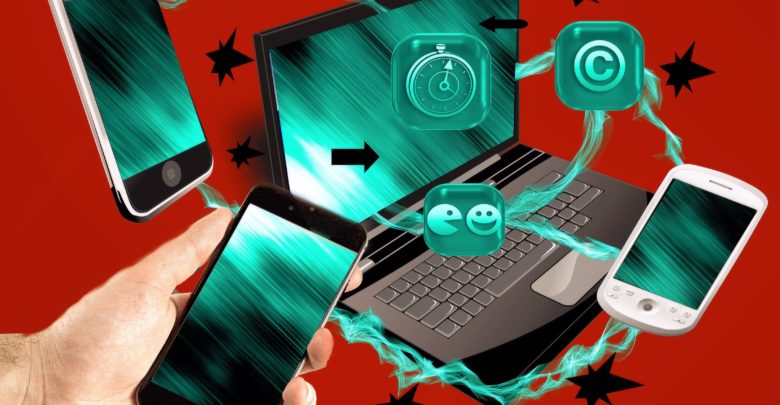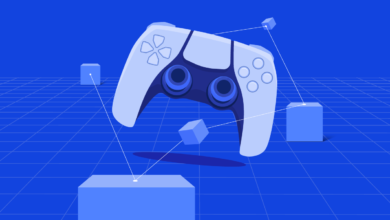Fundamentals of IT LawInnovationTechnology Law / Cyber Law
The Right to Access Internet

Today, the Internet is a tool which has catalyzed the inclusion of the otherwise stranded sections of the society. The Internet gives voice to the unheard, face to the faceless and reach to the helpless.
At a time when there is a fierce debate around the importance of the internet, data protection, access to internet and use of the internet as a medium of expression, a judgment by the single-judge bench of the Kerala High Court has come at the most appropriate time. In Faheema Shirin v State of Kerala, on deciding that a rule barring the female students from using their mobile phones during a significant portion of day was discriminatory and impacted their right to access information, violated her right to privacy and infringed over her freedom of speech and expression, Hon’ble Justice P V Asha came up with interpretation that the right to have access to internet becomes part of right to education as well as right to privacy under Article 21 of Constitution of India. It is also noteworthy that in 2017, the Kerala government came up with its IT Policy which declared ‘Right to Internet’ as a basic human right. But after the Sept 19th judgment it is now a fundamental right.
The number of internet users has significantly risen in India. Internet users have risen from a mere 7.5% in 2010 to a whopping 34.4% in 2017, and India now only seconds China. Today, internet has emerged as the most powerful tool in the world. Internet is now used as a medium to transmit information at an unprecedented rate. Even the Government of India under Prime Minister Modi has accepted the power of internet. Digital India was launched by PM Modi on July 1st, 2015 with an objective of connecting rural areas with high-speed internet networks and to improve digital literacy among all strata of society.
On the international front, the 9th Sustainable Development Goals under the 2030 Agenda reads ‘build resilient infrastructure promote inclusive and sustainable industrialization and foster innovation.’ The 2030 Agenda recognizes the need to develop societies where everyone has the opportunity to engage with others. It is argued that this is possible only after appropriate investments are made in the Information and Communication Technologies. In many places, around the globe, people and communities cannot access any computer or the internet via any other means. Many fragile communities struggle every day to recover from conflict, and not being able to connect with the world only exacerbates their problems.
While the Indian Government has clearly accepted the power of the internet in bringing the society closer, assisting in the social inclusion of marginalized communities and providing a better reach to government programs, it is also a bitter truth that her record in the number of internet shutdowns is very bad. India has a high number of internet shutdowns and, reportedly for longer periods. As of today (Sept 21, 2019), India has had 359 internet shutdowns, Kashmir leading with 180.
What needs to be seen is how the government formulates its policies regarding internet shutdowns and partial blocking of websites. After being declared a fundamental right, citizens of Kerala can approach the court even for blocked websites. In India, website blocking is governed by Section 69A of the IT Act and IT (Procedure and Safeguards for Blocking for Access of Information by Public) Rules, 2009. It allows the central government to block websites for, among other things, “preventing incitement to the commission of any cognizable offense”. In addition to Section 69A, there are Blocking Rules that prescribe the procedure for blocking websites, including establishing a committee to examine such requests.
Organizations like Internet Freedom Foundation, Centre for Communication Governance and Centre for Internet and Society are some organizations spearheading the campaign against government shutdowns and arbitrary orders to pull down websites from cyberspace.
Suggested Readings:
- United Nations Report Declares Internet Access a Human Right
- Internet should remain as open as possible – UN expert on freedom of expression
- Estonia, where being wired is a human right
- Internet Access as a New Human Right? State of the Art on the Threshold of 2020
- Kashmir communications shutdown a ‘collective punishment’ that must be reversed, say UN experts
- Sudan’s Interim Constitution Declares Right To Access Internet As Fundamental Right
Image Source: https://www.dawn.com/news/1288608




